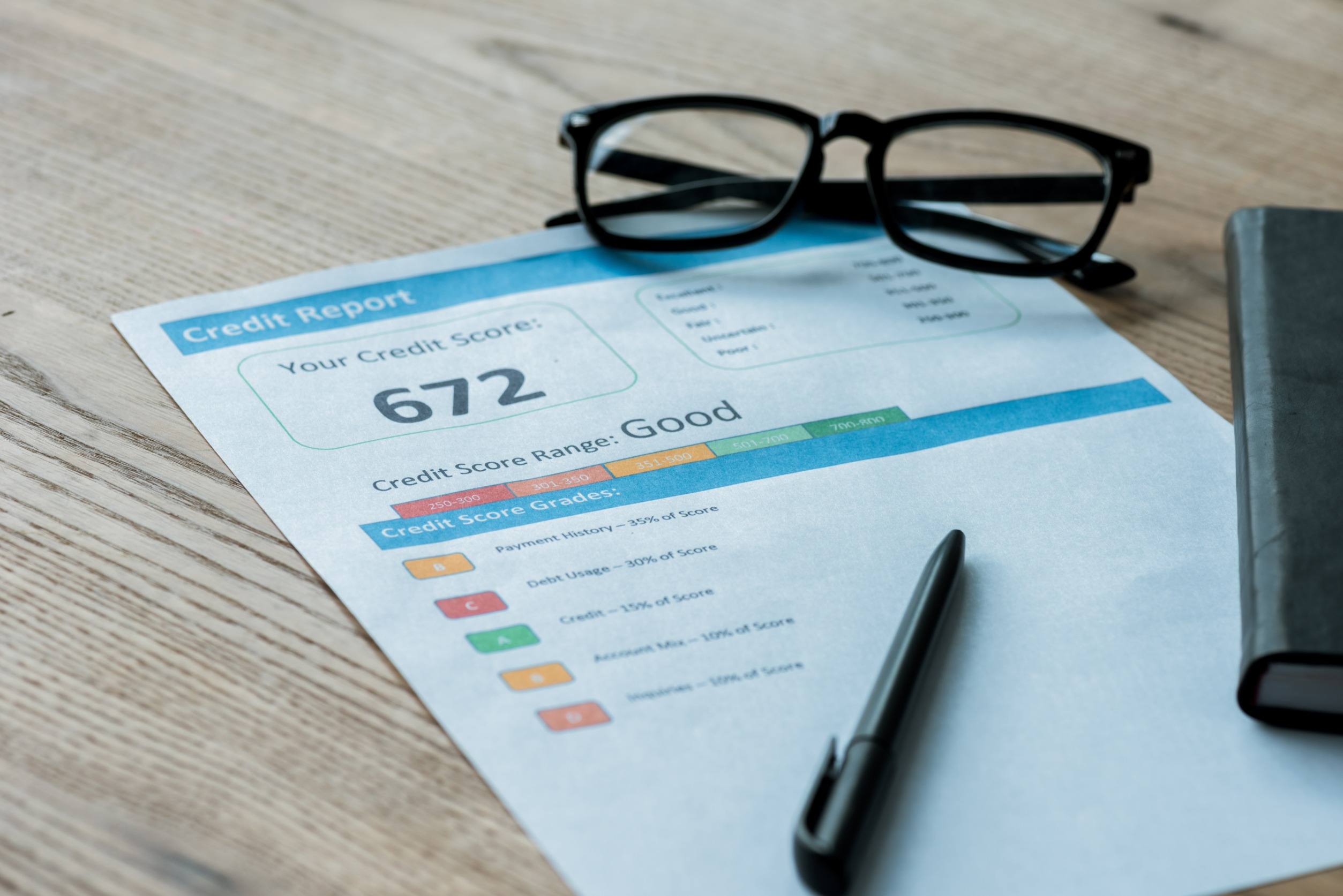Everyone thinks about the upfront down payment when it comes time to buy their Port St. Lucie home. But there are many other closing costs associated with buying a home, including appraisals, home inspections, credit reports, and title work.
Today, we’re going to focus on earnest money deposits. In addition to covering what they are, we’ll go over the conditions under which they may be refundable.
What is Earnest Money
When you make an offer on a home, part of that offer can include a little show of good faith on your part, in the form of cash. This is the Earnest Money Deposit.
This cash is offered to show the sellers of a home that you’re serious about purchasing the property.
When you go to the closing table, it becomes part of your cash to close equation, which includes other line items like your down payment, your closing costs, and your prepaid items.
How Much is Needed for Earnest Money Deposit
Generally, one to three percent of the offer price is pretty normal at this point. Some will offer a little more after the inspection contingency is lifted. The amount can vary pretty widely based on market conditions.
As a hypothetical example, on a typical $350,000 home in Port St. Lucie, you might put $5000 when the contract is ratified, and another $5,000 when the inspection period is passed. I’ve seen examples of $2000, followed by $3000 more. I’ve seen examples of $10,000 with $30,000 more.
The amount of your earnest money deposit can differentiate you from other buyers making offers in a highly competitive market. Since the purpose of earnest money is to reassure the seller of your intention to buy, a larger earnest money deposit can signal a more secure transaction and make your offer more attractive.
And the more you put up, the better. But what happens to that money?

Can I get my Earnest Money Deposit Back?
Typically, only under specific circumstances will your earnest money deposit be refundable.
Sometimes, your real estate transaction will fall apart and fail to get to closing. Common points (but not the only ones) in the breakdown of the transaction include:
- Home Inspection Contingency – You can specify in the purchase agreement that you get your Earnest Money Deposit back if something specific comes up in the home inspection. This clause is generally limited to major issues like a home needing a new roof, an HVAC system, or structural issues. The terms of your agreement will spell out the process.
- Financing Contingency – If you had this contingency included in your agreement, you can get your deposit back if your mortgage financing falls through. The terms of your agreement are to be followed.
- Appraisal Contingency – An appraisal contingency gets you your deposit back if the home doesn’t appraise for the purchase price. The lender can’t give you more than the house is worth. It may not get this far, as sellers may be willing to go back to the negotiation table with you at this point to make the transaction workable, though that’s not always the case. I have done real estate transactions where one or both sides will make an adjustment to continue moving forward after signing off on an addendum.
- The seller can’t close – Sometimes, the title has a defect in it that will take a long time to unwind. I’ve seen cases of lost heirs, disputed probates, and families that used a quit claim to deed portions of the property with faulty legal descriptions and won’t sign a corrective deed. In cases like this, the seller may not be able to close as they don’t have the full power to sell. The terms of the agreement you have made will spell out how the earnest money deposit gets returned.

How to Keep Your Earnest Money Deposit Safe
When you work with me as your agent in a real estate transaction, I will guide you in the process. The process is strictly controlled by Florida law, giving you confidence that your deposit is safely transferred to an escrow account.
You will place your funds into an escrow account at a place that you and the seller agree to. It could be with the sales broker of the listing agent, or it could be with a 3rd party title company. You do not give it directly to the seller.
It goes to an escrow account that has to follow the legal rules of Florida law.
Your Bottom Line
The home buying process involves a large financial transaction. It can certainly be a complex journey.
The bottom line to know about your earnest money deposit: know what you negotiated into your purchase agreement and is written into it.



